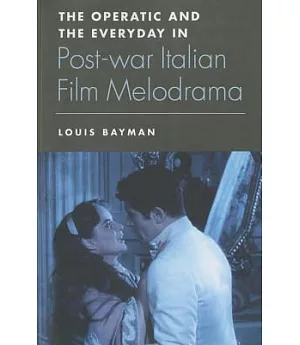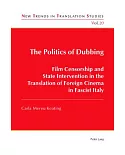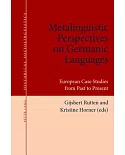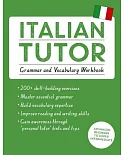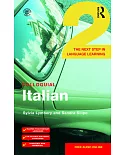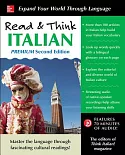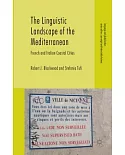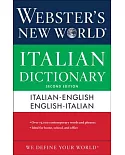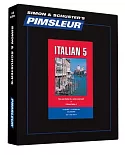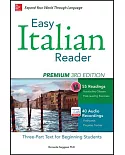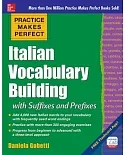Italian cinemas after the war were filled by audiences who had come to watch domestically produced films of passion and pathos. These highly emotional and consciously theatrical melodramas
posed moral questions with stylish flair, redefining popular ways of feeling about romance, family, gender, class, Catholicism, Italy and feeling itself.
The Operatic and the Everyday in Postwar Italian Film Melodrama argues for the centrality of melodrama to Italian culture. It uncovers a wealth of films rarely discussed before,
including family melodramas, the crime stories of neorealismo popolare and opera films, and provides interpretive frameworks that position them in wider debates on aesthetics and society. The
book also considers the well-established topics of realism and arthouse auteurism, and re-thinks film history by investigating the presence of melodrama in neorealism and post-war modernism. It
places film within its broader cultural context to trace the connections of canonical melodramatists like Visconti and Matarazzo to traditions of opera, the musical theatre of the sceneggiata,
visual arts and magazines. In so doing, it seeks to capture the artistry and emotional experiences found within a truly popular form.
An engaging and informative read, The Operatic and the Everyday in Postwar Italian Film Melodramais an essential resource for students and scholars in both Film Studies and Italian
Studies.

